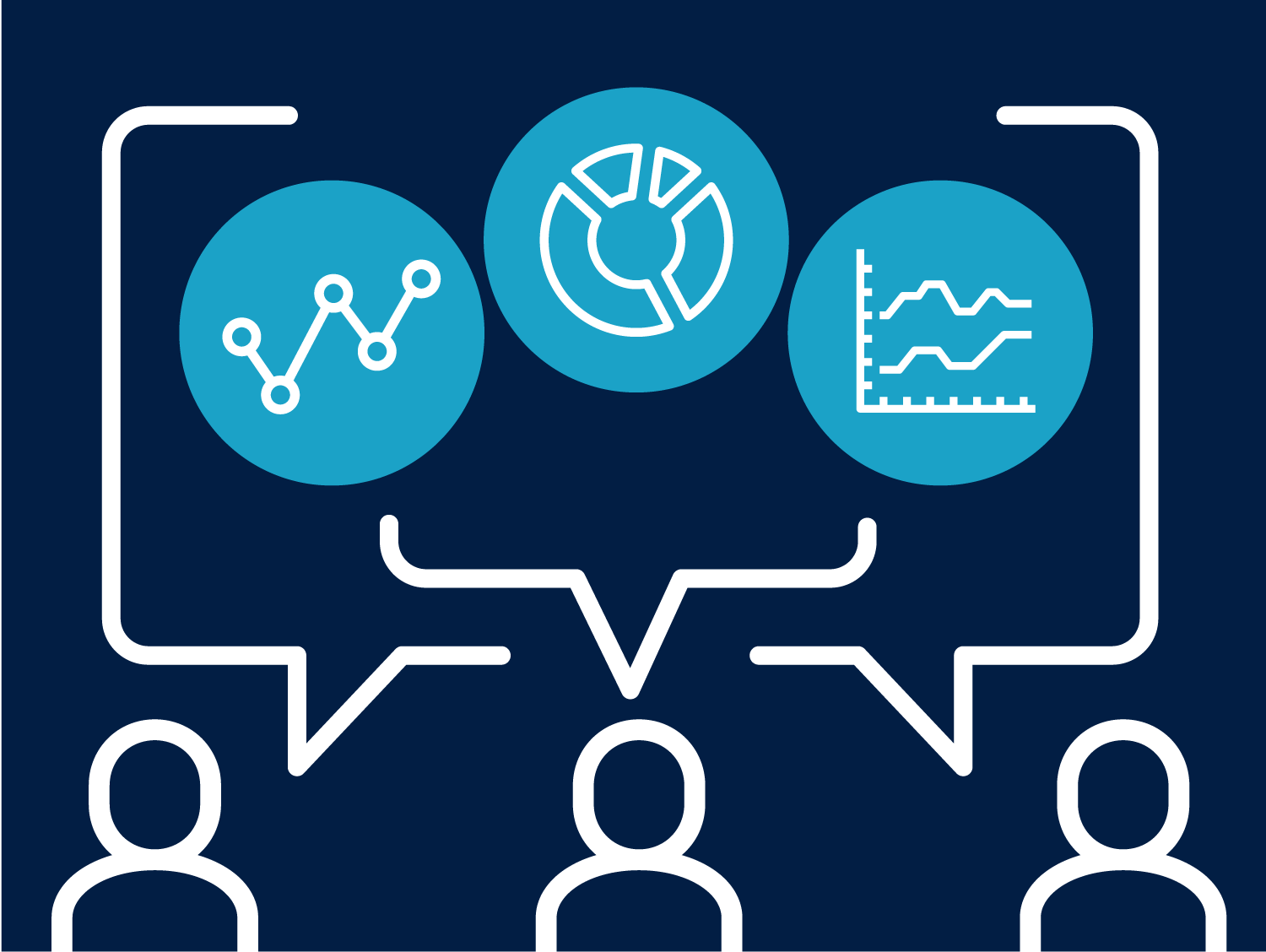Sponsored
Data fairness: A new social contract for the 21st century economy
Key data inequality trends, their root causes, and the ideas and tools available to solve them.
In association withOmidyar Network
Over the past two decades, the data economy has permeated every aspect of our social and economic lives. Now, a growing community of voices is seeking a new social contract between the tech industry and citizens.
Early optimism about the transformative power of the internet has given way, more recently, to a sense that the real profits have not matched the hoped-for potential. Where citizens, non-commercial actors, and governments are key contributors to the data ecosystem, critics believe they are not full partners in developing the data economy nor in sharing its profits, and that the proceeds disproportionately benefit the data controllers.

Around the world, governments are “taking on” the tech industry, with data governance and anti-competitive practices, and a growing number of data experts and civil rights activists are pushing for new ways of controlling how data are collected, processed, and put to use.
Data fairness: A new social contract for the 21st century economy
In partnership with Omidyar Network, MIT Technology Review Insights spoke to leading thinkers examining the data economy, including researchers, lawyers, and economists at organizations such as the Open Data Institute, Yale University, and Microsoft Research, to explore the key data inequality trends, their root causes, and the ideas and tools available to solve them. The key findings of the report are as follows:
The data economy has become increasingly unequal.
Critics believe that the internet—once optimistically envisioned as a transformative public infrastructure—has fallen under the control of a small group of tech giants whose ownership of data, and the “computational infrastructures” that support it, leads to an unequal exchange where data controllers are disproportionately benefitted. The challenge for data rights advocates, economists, and governments is in developing ways of democratizing the data economy so that societies as a whole can leverage more benefit from the data revolution.
Data is a novel resource requiring new tools to calculate its value and identify its participants.
The power of data is relational and cumulative, it is the product of many participants and users who are often unwitting in their contribution to “data labor,” and are often not compensated fairly for it. We need more sophisticated tools for understanding the unique properties and dynamics of data.
Redressing the balance of the data economy is a mammoth task that falls to society as a whole.
Innovations to redress the imbalance of the data economy range from top-down government interventions, such as targeted regulatory reforms, to bottom-up civil society-led actions, where “data stewardship” can be fostered through institutions like trusts, cooperatives, and unions, which give people more control. Overall, a broad community of perspectives should be included in any efforts to rebalance the digital economy.
This content was produced by Insights, the custom content arm of MIT Technology Review. It was not written by MIT Technology Review’s editorial staff.
Deep Dive
Policy
Is there anything more fascinating than a hidden world?
Some hidden worlds--whether in space, deep in the ocean, or in the form of waves or microbes--remain stubbornly unseen. Here's how technology is being used to reveal them.
A brief, weird history of brainwashing
L. Ron Hubbard, Operation Midnight Climax, and stochastic terrorism—the race for mind control changed America forever.
What Luddites can teach us about resisting an automated future
Opposing technology isn’t antithetical to progress.
Africa’s push to regulate AI starts now
AI is expanding across the continent and new policies are taking shape. But poor digital infrastructure and regulatory bottlenecks could slow adoption.
Stay connected
Get the latest updates from
MIT Technology Review
Discover special offers, top stories, upcoming events, and more.